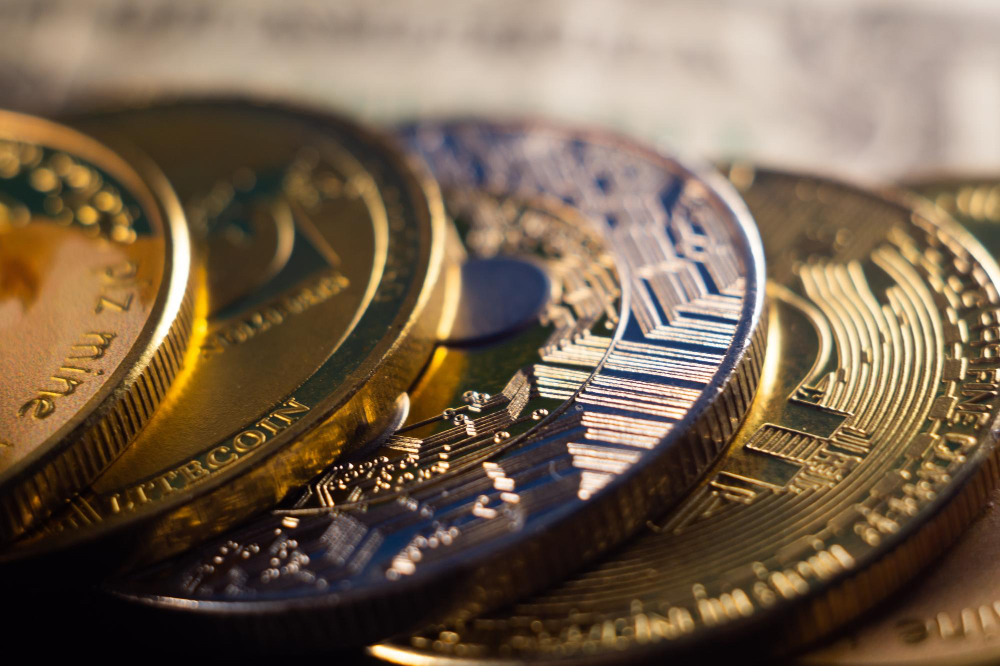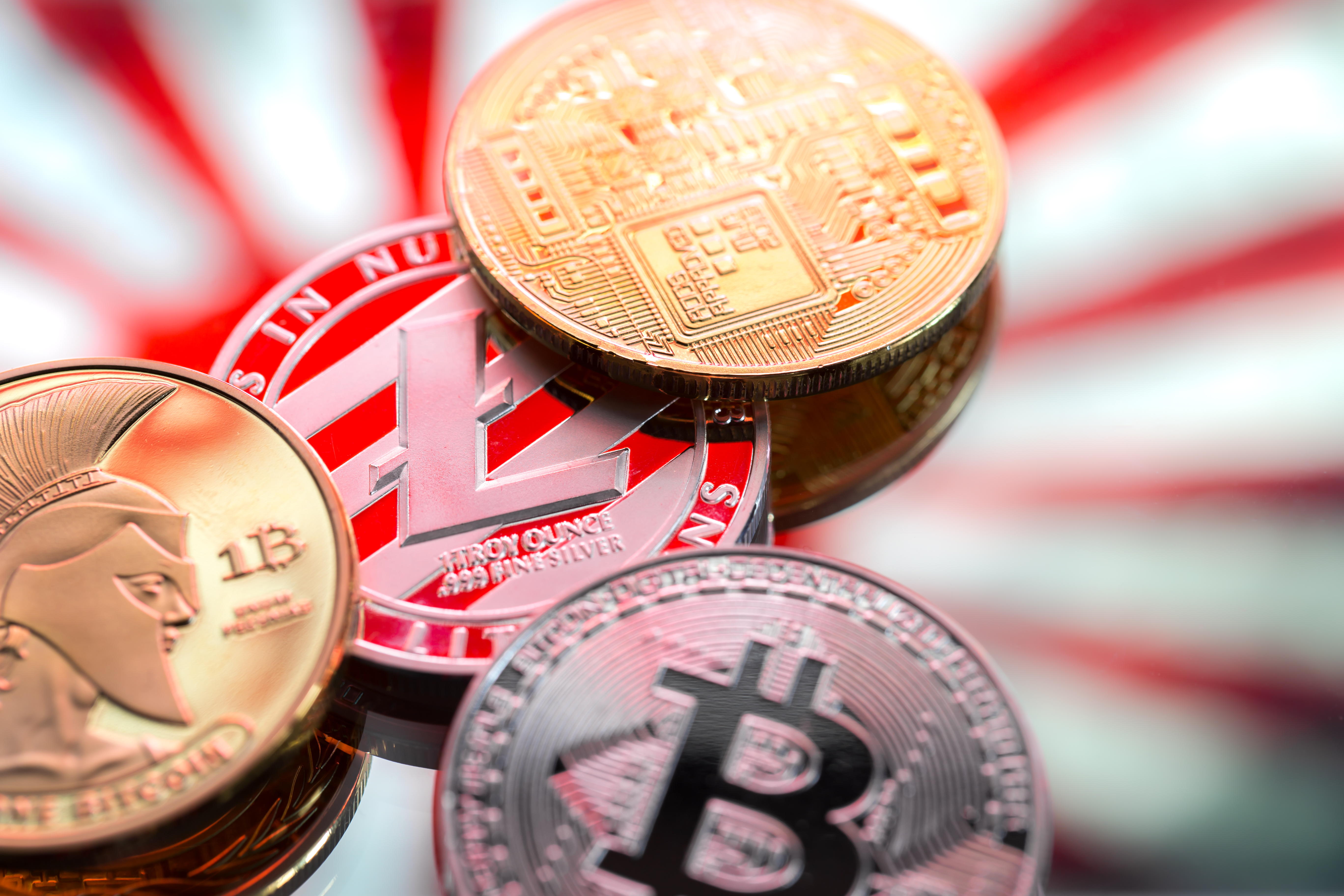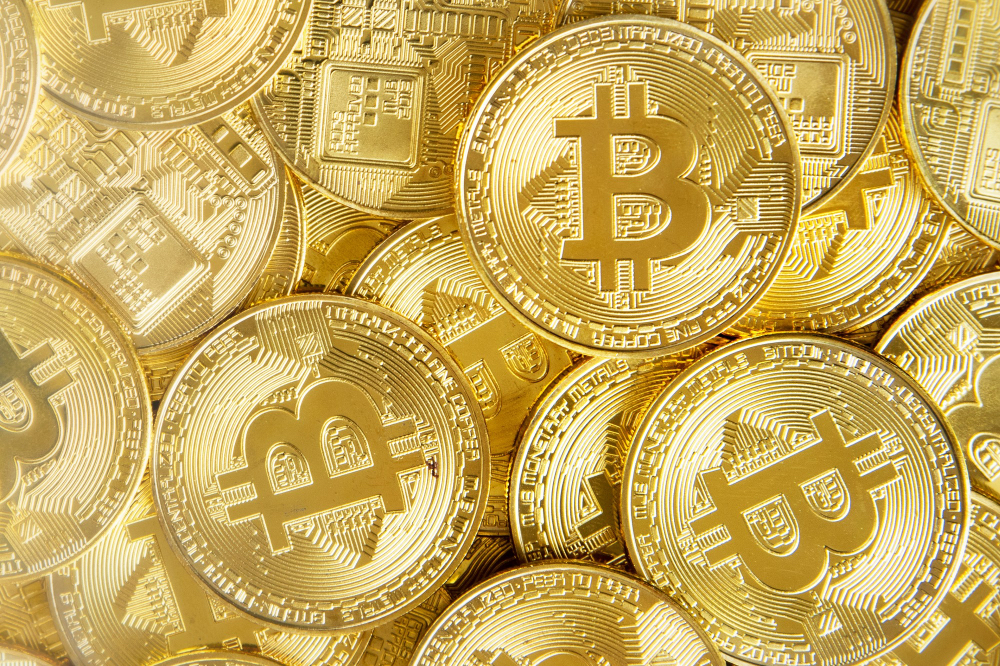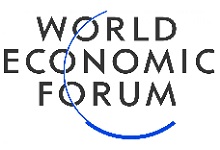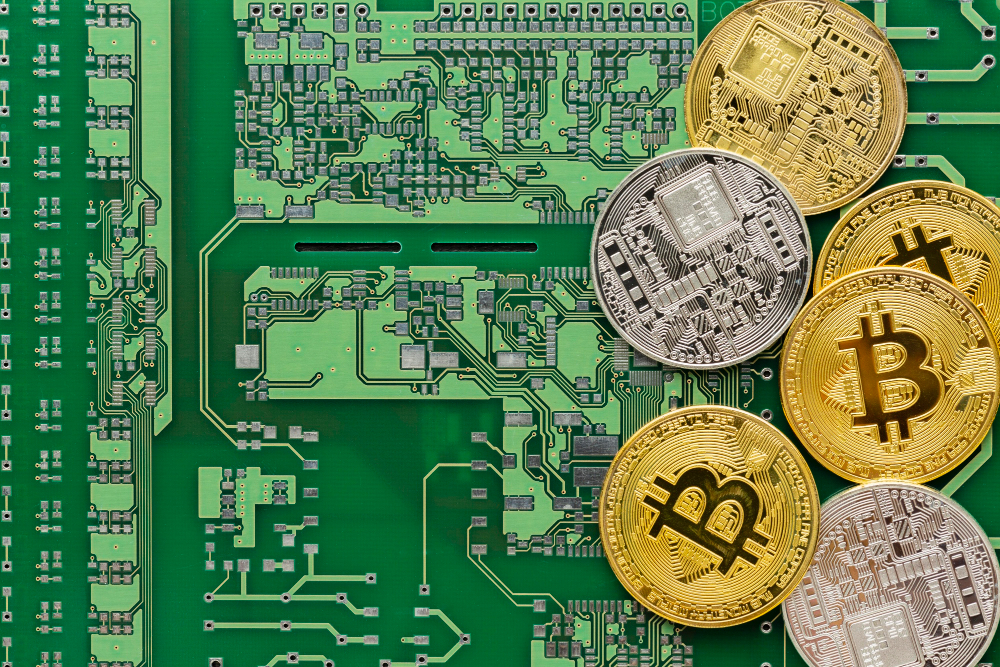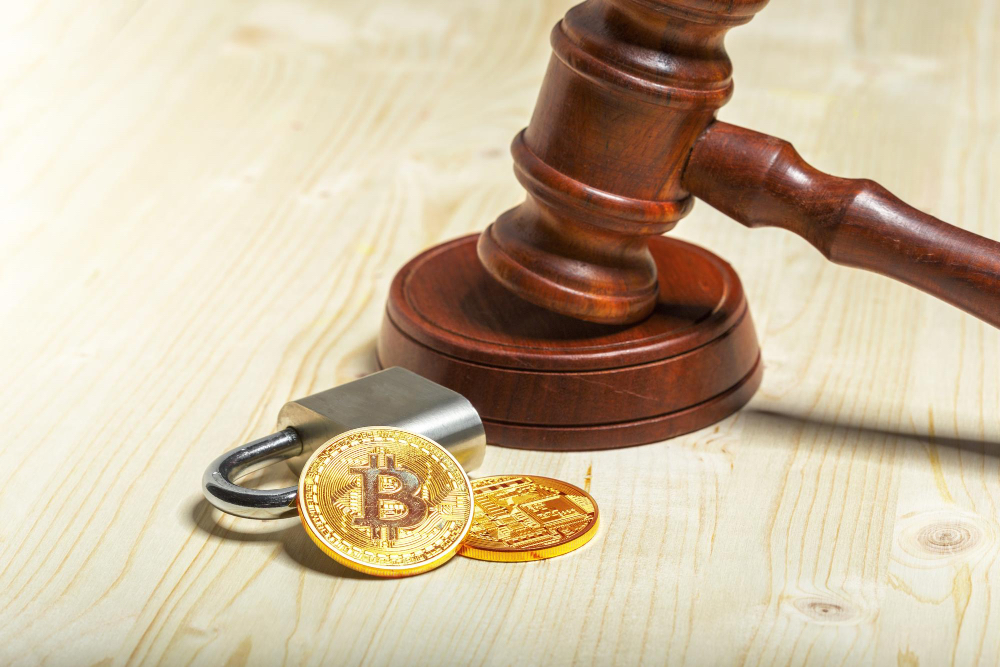The United Nations Development Programme (UNDP) has officially expanded its Blockchain Academy to reach 24,000 personnel worldwide, including staff from UNDP, UN Volunteers, and the United Nations Capital Development Fund (UNCDF).
The initiative, launched in partnership with the Algorand Foundation, aims to strengthen understanding and practical use of blockchain technology to support sustainable development goals.
The academy’s expanded curriculum builds on a successful beta phase that certified over 30 UN personnel and introduced 18 hours of specialised training. It now offers advanced modules to help UN staff design transparent and efficient blockchain solutions for real-world challenges.
The training also fosters a collaborative network where participants share best practices and develop blockchain-driven projects across global programmes.
UNDP has used blockchain since 2015 to boost transparency and inclusion, from tracking supply chains to supporting energy trading and digital investments. Through its Algorand partnership, UNDP aims to speed up blockchain adoption by offering technical support and project incubation for scalable sustainable impact.
Would you like to learn more about AI, tech and digital diplomacy? If so, ask our Diplo chatbot!


